Commercial and Institutional Building Construction
236220
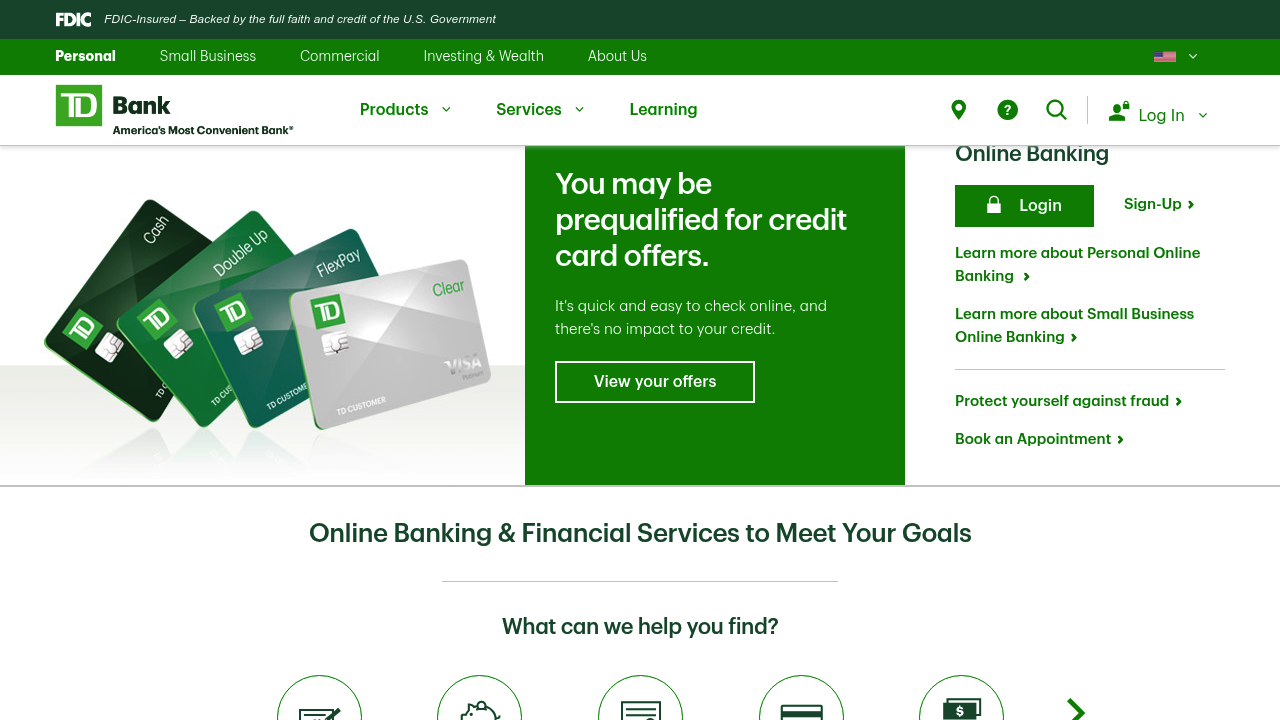
TD Bank, National Association (DE)
Explore what TD Canada Trust is all about. Learn about our values, initiatives, reporting, news, careers, recent awards, and more.
Stock Yards Bank & Trust Company
Are you looking for a reliable bank that puts your needs first? Look no further than Stock Yards Bank & Trust Company in Kentucky! With a long-standing commitment to exceptional customer service and innovative banking solutions, Stock Yards is here to support your financial journey.
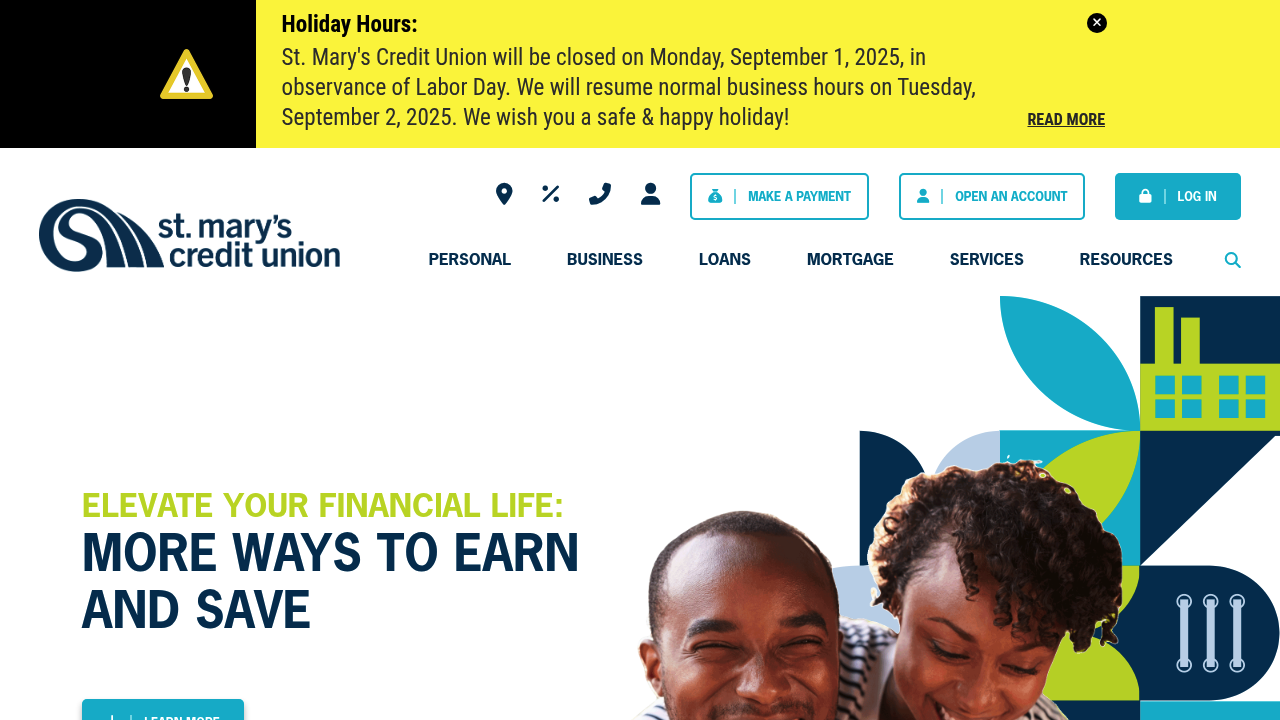
 St. Mary's CU (MA)
St. Mary's CU (MA)
Over 100 years of local and trusted banking products and services for our community.
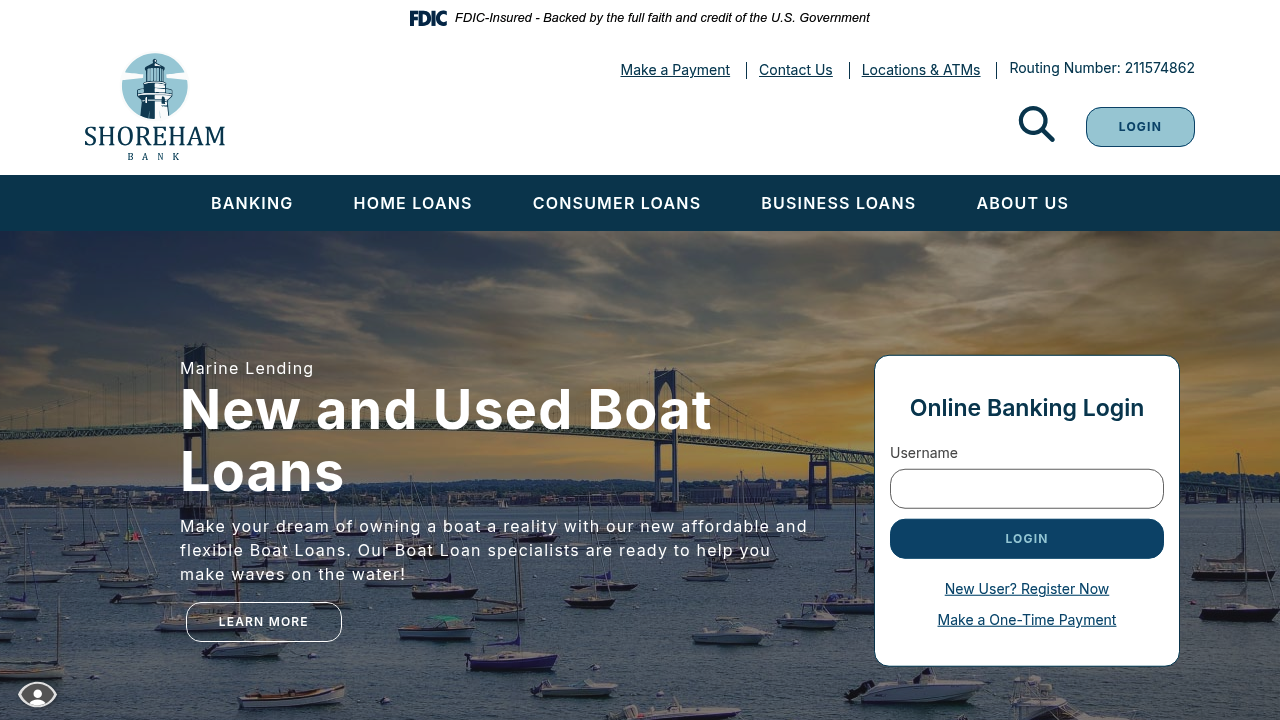
Shoreham Bank (RI)
Shoreham Bank offers Retail Banking, Mortgages, Home Equity Loans, Auto Loans, and much more. Providing our customers with convenience and reliable service since 1959.

 Salem Five Cents Savings Bank (MA)
Salem Five Cents Savings Bank (MA)
Salem Five Bank provides full-service financial services for the Greater Boston area, including banking, mortgage lending, loans, insurance and investments.

PeopleFund (TX)
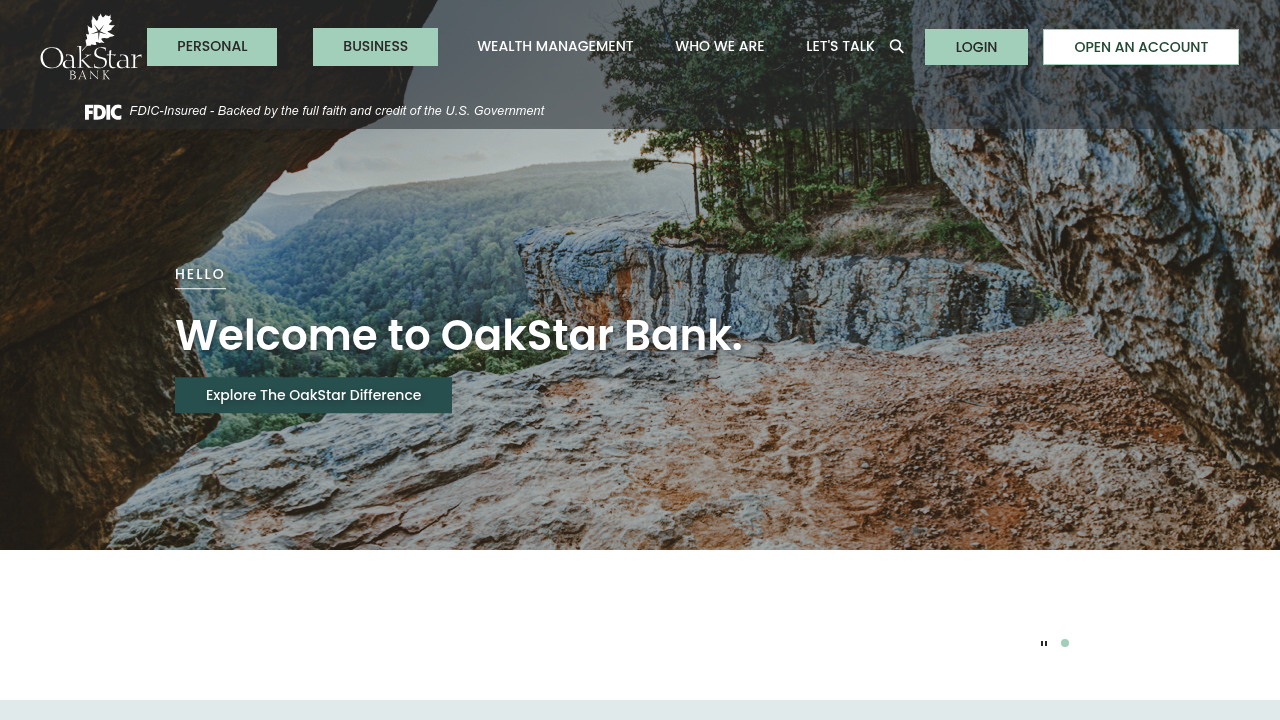
OakStar Bank (MO)
OakStar Bank in Missouri, Kansas, and Colorado offers checking and savings accounts, CDs, personal loans, auto loans, mortgages, and more. Explore today.
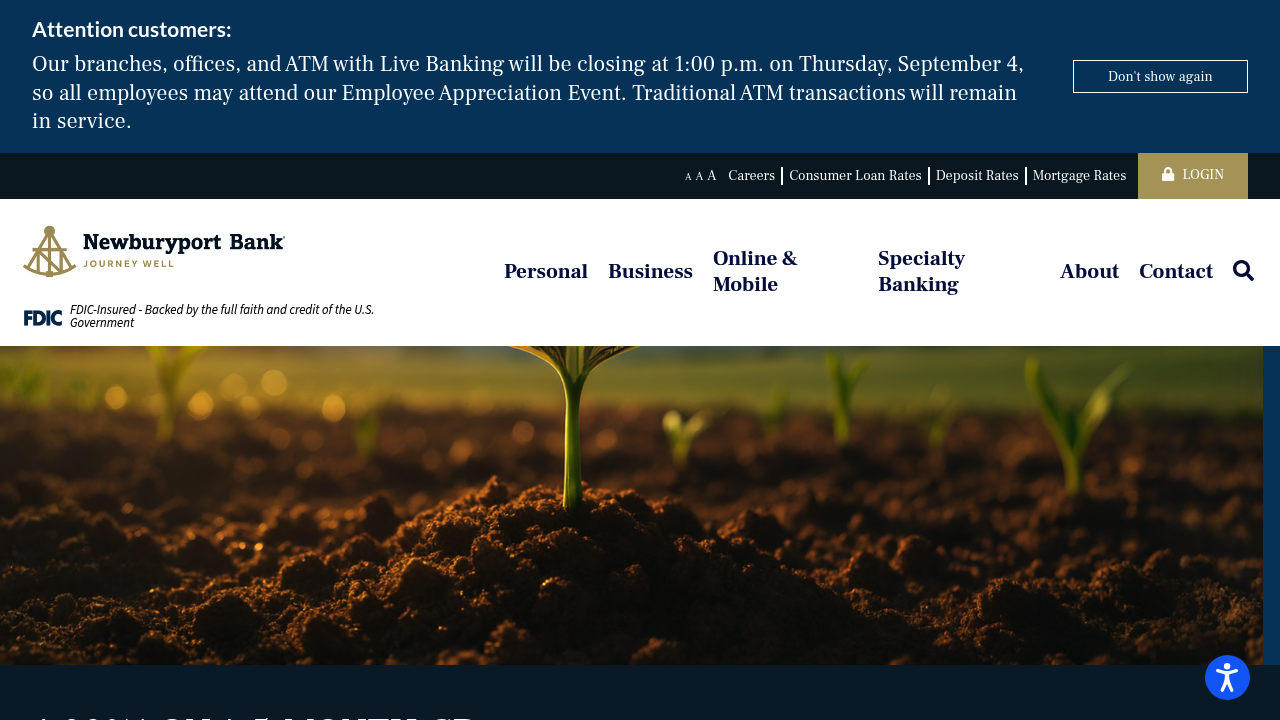
 Newburyport Five Cents Savings Bank (MA)
Newburyport Five Cents Savings Bank (MA)
We are a community bank focused on serving Northeast Massachusetts and Southeast New Hampshire. Learn more about personal & business banking services today
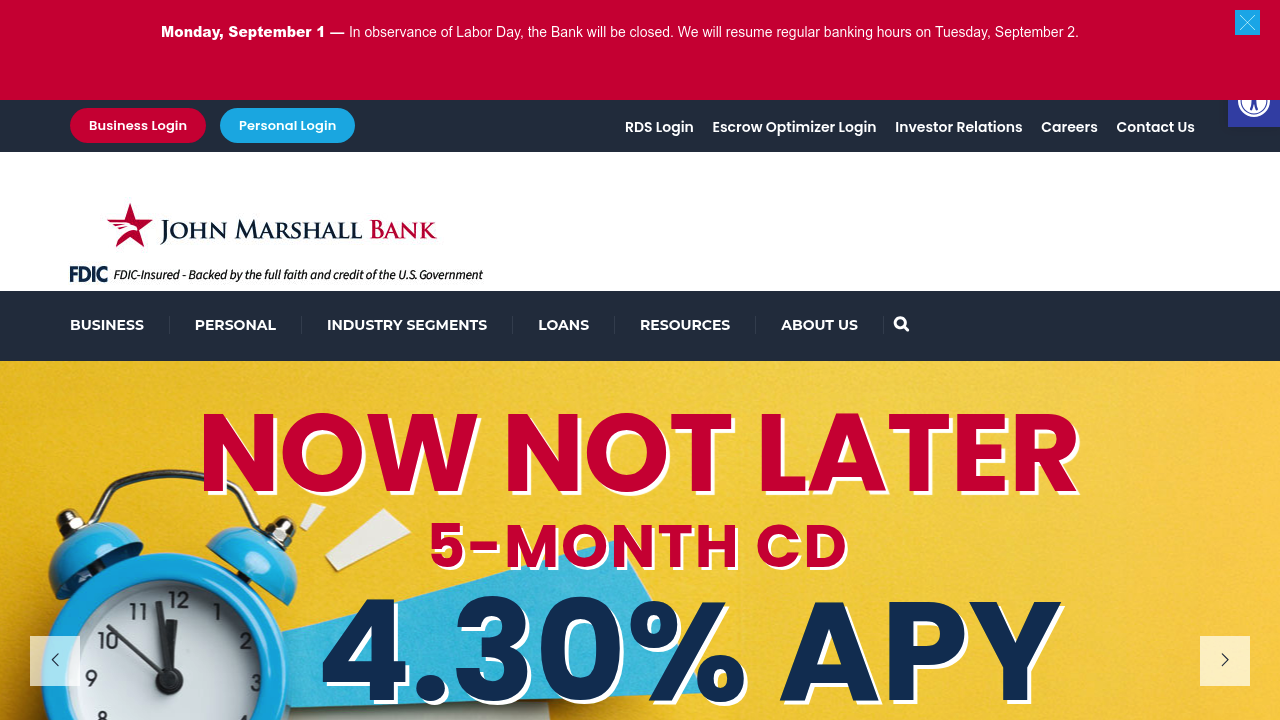
 John Marshall Bank (VA)
John Marshall Bank (VA)
John Marshall Bank offers business and personal banking in VA, MD & DC including treasury management services, online banking, loans and more.

Hiawatha National Bank (WI)
Hiawatha National Bank - Wisconsin

 First Mid Bank & Trust, National Association (IL)
First Mid Bank & Trust, National Association (IL)
First Mid Bank & Trust offers commercial & personal banking, insurance, & wealth management services throughout Illinois, Missouri, Texas & Wisconsin.
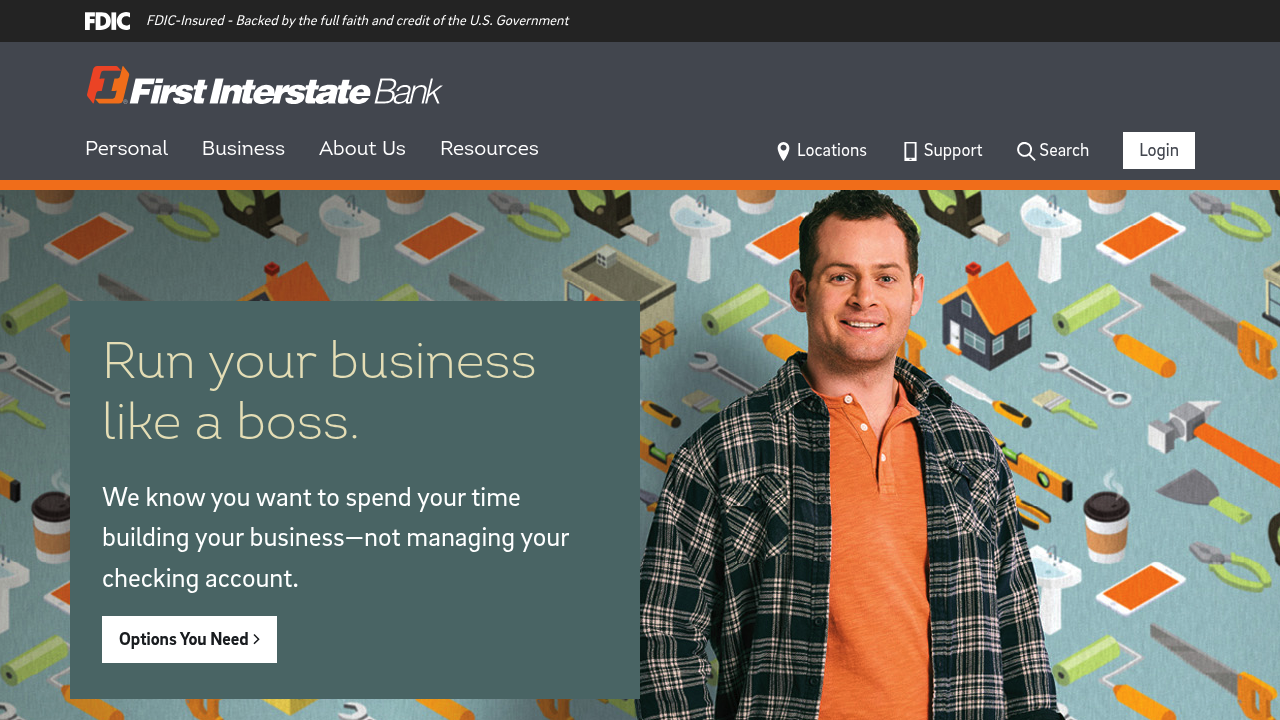
First Interstate Bank (MT)
SBA Loans for Commercial and Institutional Building Construction: Financing Growth in Large-Scale Contracting
Introduction
Commercial and institutional building contractors are the backbone of large-scale construction projects, handling everything from office complexes and schools to hospitals and government facilities. Classified under NAICS 236220 – Commercial and Institutional Building Construction, this sector includes general contractors, design-build firms, and specialty contractors managing complex projects. While demand for new infrastructure and modernization is strong, contractors face financial challenges such as project-based cash flow, rising material costs, bonding requirements, and equipment expenses.
This is where SBA Loans for Commercial Contractors provide valuable support. Backed by the U.S. Small Business Administration, SBA loans offer affordable financing with longer repayment terms, lower down payments, and government-backed guarantees. These loans help contractors manage cash flow, purchase equipment, cover payroll, and expand capacity to take on larger contracts.
In this article, we’ll explore NAICS 236220, the common financial hurdles contractors face, how SBA loans provide solutions, and answers to frequently asked questions from business owners in this sector.
Industry Overview: NAICS 236220
Commercial and Institutional Building Construction (NAICS 236220) includes contractors building or renovating:
- Office buildings and corporate facilities
- Hospitals, clinics, and healthcare centers
- Schools, universities, and institutional campuses
- Government and civic buildings
- Retail centers, hotels, and mixed-use developments
The industry operates on long project cycles and complex contracts, making financial management critical for sustainability and growth.
Common Pain Points in Construction Financing
From Reddit’s r/Contractors, r/Construction, and Quora discussions, contractors in this space often face these financial challenges:
- Project-Based Cash Flow – Payments tied to milestones create liquidity gaps between expenses and revenue.
- Rising Material Costs – Steel, concrete, and lumber fluctuate in price, disrupting budgets.
- Payroll & Skilled Labor – Recruiting and retaining tradespeople requires significant payroll investment.
- Bonding & Insurance – Large projects often require costly surety bonds and liability insurance.
- Heavy Equipment Costs – Cranes, excavators, and specialized machinery require high upfront capital or leasing arrangements.
How SBA Loans Help Commercial Building Contractors
SBA financing gives contractors access to affordable capital, enabling them to stabilize cash flow, invest in equipment, and scale their business to handle larger projects.
SBA 7(a) Loan
- Best for: Working capital, payroll, insurance, or refinancing debt.
- Loan size: Up to $5 million.
- Why it helps: Covers project expenses before payment milestones are reached.
SBA 504 Loan
- Best for: Real estate and major equipment purchases.
- Loan size: Up to $5.5 million.
- Why it helps: Ideal for acquiring or upgrading offices, warehouses, and construction equipment.
SBA Microloans
- Best for: Smaller or startup contractors.
- Loan size: Up to $50,000.
- Why it helps: Useful for small tools, licensing fees, or initial payroll support.
SBA Disaster Loans
- Best for: Contractors impacted by natural disasters or project interruptions.
- Loan size: Up to $2 million.
- Why it helps: Provides recovery funding for damaged facilities, equipment, or lost revenue.
Step-by-Step Guide to Getting an SBA Loan
- Check Eligibility – Must be a U.S.-based, for-profit contracting business with good personal credit (typically 650+).
- Prepare Financial Documents – Tax returns, P&L statements, contracts, bonding history, and payroll records.
- Find an SBA-Approved Lender – Some lenders specialize in construction and infrastructure financing.
- Submit Application – Provide a detailed business plan with pipeline projects, equipment needs, and revenue forecasts.
- Underwriting & Approval – SBA guarantees reduce lender risk. Processing usually takes 30–90 days.
FAQ: SBA Loans for Commercial Building Contractors
Why do banks often deny loans to construction companies?
Banks consider contractors risky due to long project cycles, cash flow issues, and bonding requirements. SBA guarantees reduce this risk and improve approval chances.
Can SBA loans finance heavy equipment?
Yes. SBA 7(a) and 504 loans can fund excavators, cranes, and other major construction equipment.
What down payment is required?
SBA loans usually require 10–20% down, compared to 25–30% with conventional financing.
Are startup contractors eligible?
Yes. Startups with construction experience, bonding ability, and strong business plans can qualify for SBA financing.
What repayment terms are available?
- Working capital: Up to 7 years
- Equipment: Up to 10 years
- Real estate: Up to 25 years
Can SBA loans help contractors bid on larger projects?
Absolutely. SBA loans provide working capital and bonding support that allow contractors to take on larger-scale projects and government contracts.
Final Thoughts
The Commercial and Institutional Building Construction industry plays a vital role in infrastructure and development but faces high financial barriers. SBA Loans for Commercial Contractors provide affordable, flexible capital to stabilize operations, purchase equipment, and pursue bigger contracts.
Whether you’re a small contractor looking to grow or an established firm scaling to take on institutional projects, SBA financing can provide the resources you need. Connect with an SBA-approved lender today and explore your funding options in commercial building construction.
Filters
Tags
#Preferred Lenders Program
#SBA Express Program
#Existing or more than 2 years old
#Startup
#Loan Funds will Open Business
#Fixed Rates Startup
#Change of Ownership
#New Business or 2 years or less
#7a General
#Variable Rates
#Fixed Rates
#Standard Asset Base Working Capital Line of Credit (CAPLine)
#International Trade Loans
#Export Express
#7a with WCP
#Contract Loan Line of Credit (CAPLine)
#7a with EWCP
#Unanswered
#Preferred Lenders with WCP
#Preferred Lenders with EWCP
#Seasonal Line of Credit (CAPLine)
